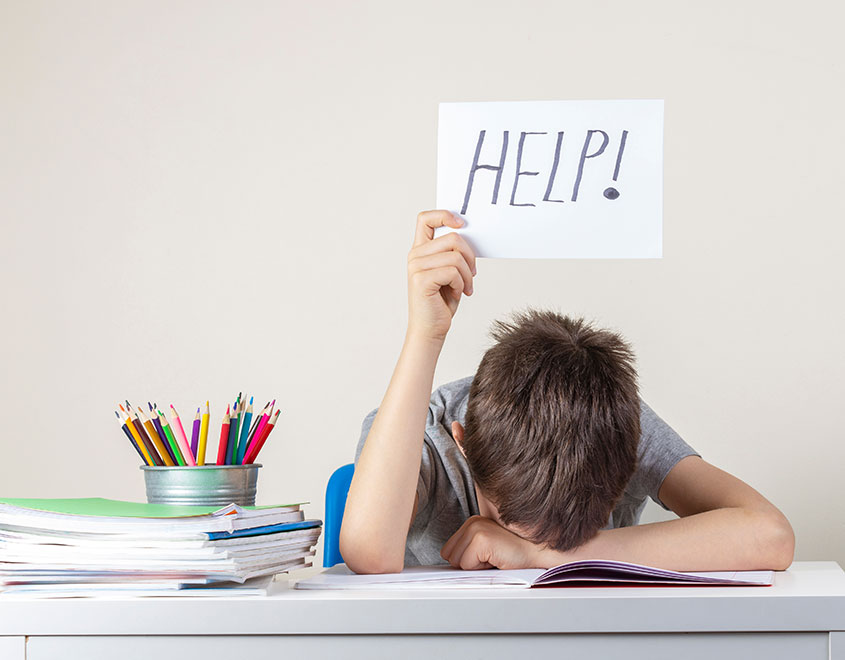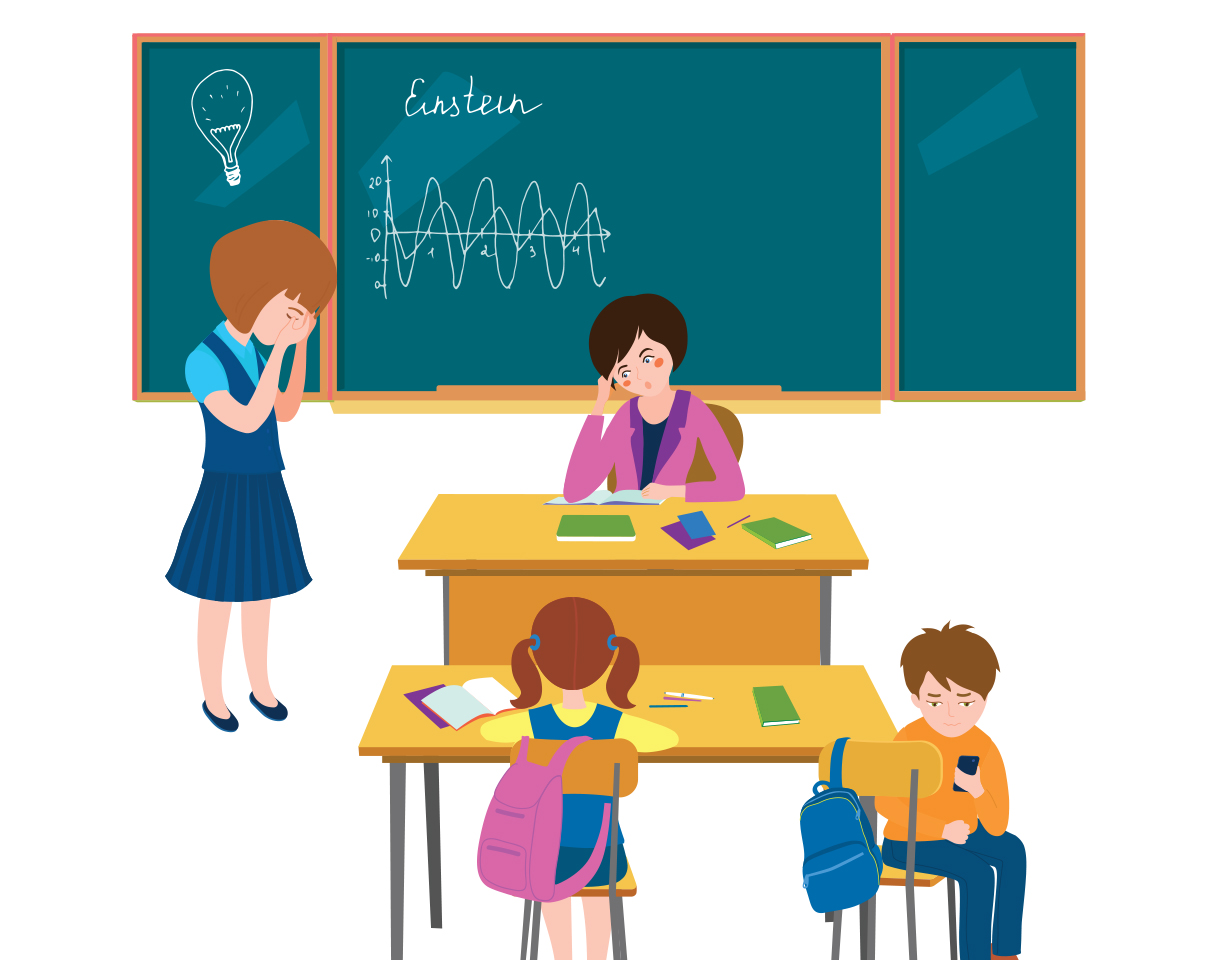
In the ever-evolving landscape of education, it is essential to adopt innovative techniques to engage and mould young minds. One such approach that highlights the importance of role play is the incorporation of role-playing and scenario discussions into the curriculum. These techniques provide students with a unique opportunity to explore and understand various aspects of life, society, and personal development.
This article explores the benefits of role-playing and scenario discussions in shaping the behavior of school students, offers simple and creative examples of how schools can implement these techniques, and discusses the long-term impact on student’s development.
Benefits of Role-playing and Scenario Discussions
Empathy and Perspective-Taking: The benefits of role play are clearly seen in activities like role-playing and scenario discussions, where students are required to step into the shoes of different characters or roles. These exercises encourage empathy and perspective-taking. By embodying different personas, students learn to see the world from various viewpoints, which is crucial for developing a well-rounded and compassionate personality. The benefits of role play also extend to fostering positive behavior, as it enables students to better understand and relate to the experiences of others.
1. Conflict Resolution:
These activities often involve addressing real-life problems or dilemmas. Students, when confronted with these scenarios, must work together to find solutions, fostering conflict resolution skills. This not only aids in creating a harmonious school environment but also equips students with valuable skills they can carry with them throughout their lives.
2. Communication Skills:
Role-playing and scenario discussions require effective communication, both in understanding the situation and conveying one’s thoughts and feelings. Among the key benefits of role play is the enhancement of a student’s ability to express themselves, which also improves their listening and interpretative skills. Effective communication is a fundamental aspect of positive behavior, as it allows individuals to articulate their needs and concerns clearly.
3. Decision-Making:
In these activities, students often face situations that necessitate making decisions. These decisions may have ethical, moral, or practical implications, requiring thoughtful consideration. Engaging in such exercises helps students develop critical thinking and decision-making skills, which are essential for responsible and ethical behavior.
4. Self-Confidence:
Acting out various roles and participating in scenario discussions can boost a student’s self-confidence. Over time, they become more comfortable expressing themselves and taking on new challenges. This newfound self-assurance can positively impact their behavior by reducing self-doubt and fostering a more assertive attitude.
Read More: 6 Project Based Learning and Preparing students for real-world challenges.
Simple and Creative Implementation Examples
1. Historical Reenactments:
Schools can incorporate historical reenactments where students take on the roles of significant historical figures. For instance, students could reenact important events like the American Revolution or the Civil Rights Movement, helping them gain a deeper understanding of history and the values associated with these periods.
2. Bullying Scenarios:
To address the issue of bullying, schools can organize scenario discussions where students act out scenarios related to bullying. This helps students identify the signs of bullying, understand the impact on victims, and learn effective strategies for intervening and seeking help.
3. Career Exploration:
One of the benefits of role play for students is that it can be utilized to explore various career paths. By assuming the roles of professionals from different fields, students gain insights into potential career choices and the behaviors and skills required in those professions.
4. Literature-Based Role-Playing:
Teachers can encourage students to act out scenes from the literature they are studying. This approach helps students engage more deeply with the text, comprehend characters’ motivations, and analyze the consequences of their actions.
Long-Term Impact of Role-playing and Scenario Discussions
The benefits of role-playing and scenario discussions extend far beyond the classroom. The skills acquired and behaviors shaped during these activities have a lasting impact on student’s personal and professional lives. Here are some long-term effects:
1. Enhanced Social Skills:
Students who regularly engage in role-playing and scenario discussions tend to become better at navigating social situations. They develop the ability to establish meaningful connections, resolve conflicts, and collaborate effectively with others.
2. Improved Problem-Solving:
The critical thinking and decision-making skills cultivated through these activities serve students well in their adult lives. They are better equipped to face challenges, make informed choices, and adapt to changing circumstances.
3. Increased Empathy:
Empathy, a cornerstone of positive behavior, is strengthened through role-playing and understanding different perspectives. This skill allows individuals to connect with others on a deeper level, promoting harmonious relationships and reducing conflicts.
4. Effective Communication:
The ability to communicate effectively is invaluable in all aspects of life. Students who have honed their communication skills in the classroom are more likely to succeed in their careers and personal relationships.
5. Ethical Decision-Making:
Role-playing often involves ethical dilemmas, making students more adept at making morally sound decisions. This can lead to responsible behavior and a strong sense of integrity in adulthood.
Read more: What is experiential learning and what are the best practices?
Conclusion
Role-playing and scenario discussions are powerful tools for shaping the behavior of school students. The benefits of role play include fostering empathy, conflict resolution, communication skills, decision-making, and self-confidence, all of which contribute to positive and ethical behavior. The long-term benefits of role play are evident in enhanced social skills, improved problem-solving abilities, increased empathy, effective communication, and ethical decision-making. As schools continue to embrace these creative methods of education, students are better prepared for the complexities of the real world and equipped with the skills and behavior necessary for success.
FAQs
1. Why is a role-play scenario important?
Role-play scenarios are important as they provide a safe and interactive environment for individuals to simulate real-life situations, fostering experiential learning and enhancing interpersonal skills.
2. How can role-play be used to change children’s behavior?
Role-play serves as a powerful tool in changing children’s behavior by allowing them to actively engage in hypothetical situations. Through this process, they can explore alternative responses, develop empathy, and gain a deeper understanding of the consequences of their actions.
3. How does role-playing impact behavior?
Role-playing impacts behavior by promoting cognitive and emotional engagement. Participants learn to navigate social dynamics, practice problem-solving, and develop effective communication skills, leading to improved behavior in real-world scenarios.
4. What is the objective of role-play?
The objective of role-play is to encourage individuals to step into different perspectives, enhancing their understanding of diverse viewpoints, refining decision-making skills, and fostering empathy, ultimately contributing to positive behavioral changes.
5. What are the 4 types of role-play?
The four types of role-play include structured role-play (with predefined scenarios), spontaneous role-play (improvised situations), guided role-play (facilitator-led discussions), and observational role-play (learning by observing others), each offering unique benefits in shaping behavior through active participation and reflection.






Social